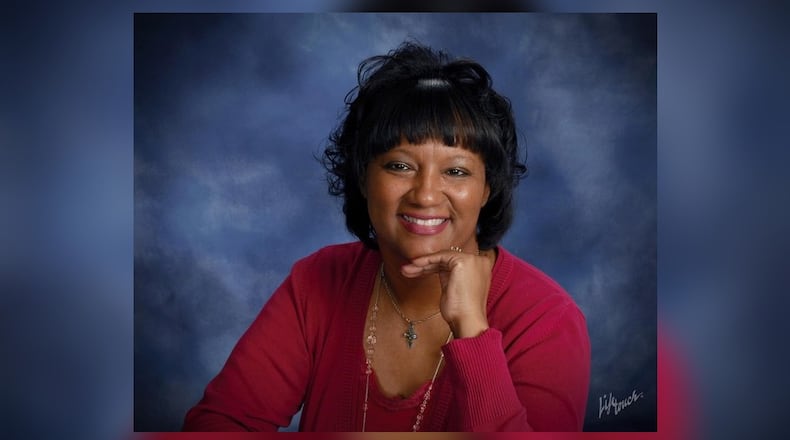Yet, as great as my pain was and is, I came through the fog of my anger to realize that wishing death upon the young man who took my son’s life was not a solution. I believe in my heart that more violence, more pain and more death is not the path forward for justice. That is why my heart is filled with hope that we will end the death penalty in Ohio.
The death penalty was never an option for the person who killed my son. His case has gone cold and the person who killed my son has never been brought to trial. If he had gone to trial, I wonder if the loss of my son’s life would have been considered among the most heinous crimes. Across the country, the death penalty is most often sought for white victims of homicide. In truth, the idea of trying to classify some murders as more heinous than another is difficult for me to understand. All murder is horrific and enormously painful to those of us left in its wake. We must stop this insensitive classification and focus instead on what really matters: the actual needs of the families of victims (co-victims).
The fact is that the majority of the time, murder victim family members are left languishing in the empty promises of our legal system. There are families like mine, who have been told that justice cannot be pursued. There are families that need resources to help bury their loved one, receive counseling, and time off to recover and heal. There are families who have been promised that the person who killed their loved one will be executed, yet they wait through decades of court appearances, media exposure and uncertainty only to learn the person’s sentence was ultimately commuted or they died of natural causes. There are families who are split on whether they want the death penalty for the person who killed their family member, who must now try to heal another wound in their home. There are families who vehemently oppose the death penalty but whose wishes are ignored.
For all of those families, I hope Ohio will end the death penalty.
I pray that there will come a day when violence will cease forever and my faith tells me that this is possible. Yet, it is only possible if we move away from policies that embrace violence and death as an ultimate solution. The answer to crime prevention and ultimately building community safety is not the threat of the death penalty, but rather community-led solutions that address the root causes of violence. There is no evidence the death penalty deters violent crime, and in fact, the states that retain it have consistently higher murder rates. Why are we so determined to hold on to a policy that creates more victims?
In all my years living in Ohio, I have seen that my fellow citizens value life, care about community safety, and share compassion for those who are in need. The death penalty threatens all of those values. So yes, it is my hope that we will end the death penalty because it has failed families like mine.
Rev. Dr. Crystal Walker is the co-chair of Ohioans to Stop Executions and has been a nonviolence activist in the Dayton area for over15 years.
About the Author
